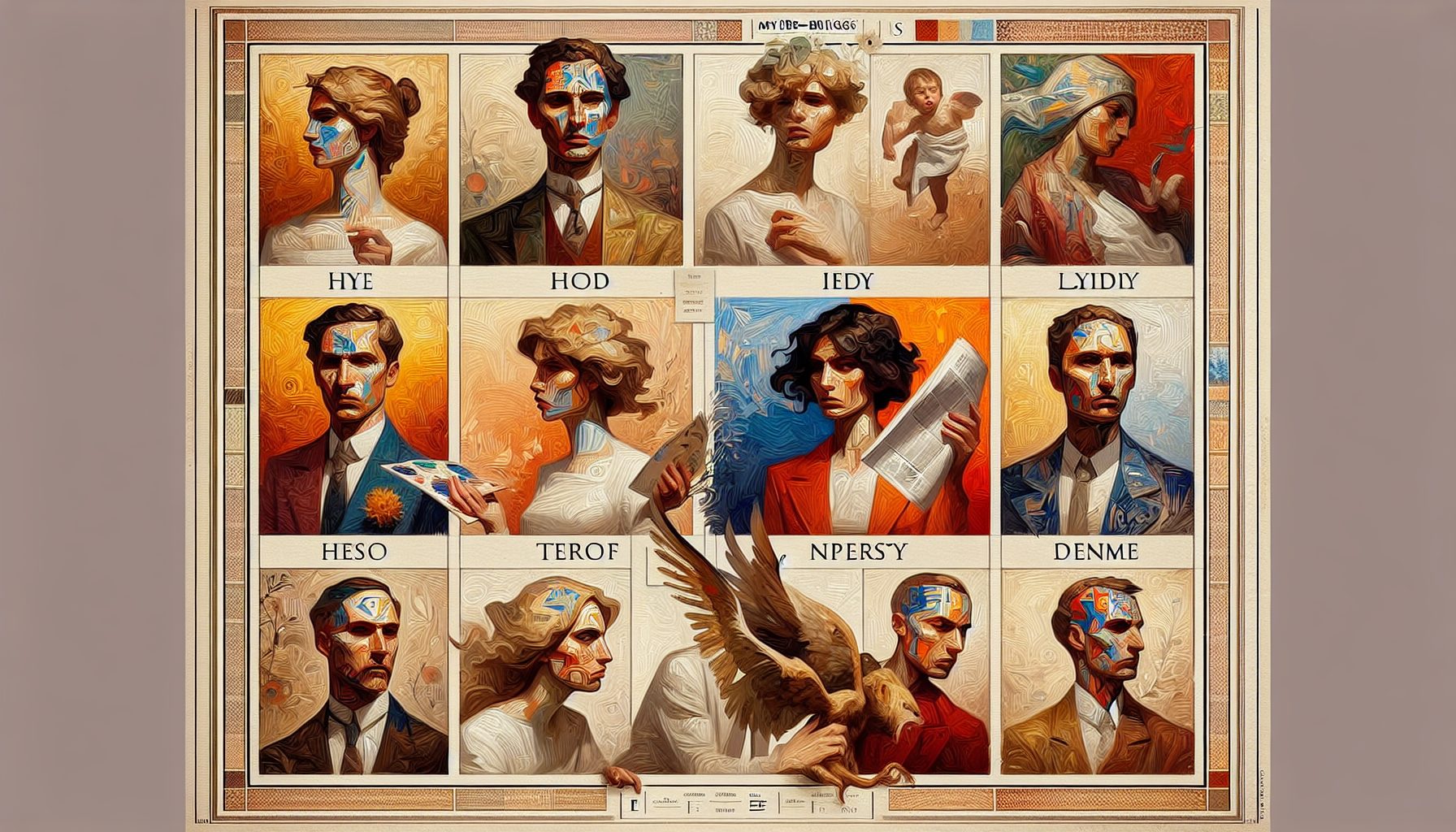The Ultimate Guide to Understanding the Myers-Briggs Personality Types

Understanding the intricacies of human personality can be a complex task. However, the Myers-Briggs Type Indicator (MBTI) provides a comprehensive framework to help us comprehend the diverse personality types. This article aims to answer common reader questions about the Myers-Briggs personality types and provide valuable insights into this fascinating subject.
What is the Myers-Briggs Type Indicator (MBTI)?
The Myers-Briggs Type Indicator is a psychological tool that categorizes individuals into 16 distinct personality types. Developed by Katharine Cook Briggs and her daughter Isabel Briggs Myers, the MBTI is based on the theories of renowned Swiss psychiatrist Carl Jung. The MBTI is widely used in various fields, including psychology, business, and education, to help understand individual differences and strengths.
What are the Myers-Briggs Personality Types?
The MBTI identifies 16 personality types based on four dichotomies:
- Extraversion (E) vs. Introversion (I)
- Sensing (S) vs. Intuition (N)
- Thinking (T) vs. Feeling (F)
- Judging (J) vs. Perceiving (P)
Each individual is said to possess one quality from each pair, resulting in a four-letter code representing their personality type. For example, an individual could be an ESTJ (Extraverted, Sensing, Thinking, Judging) or an INFP (Introverted, Intuitive, Feeling, Perceiving).
How is the Myers-Briggs Type Indicator Used?
The MBTI is used in various fields for different purposes. In business, it can help in team building, leadership development, and conflict management. In education, it can assist in career counseling and personal development. In psychology, it can aid in understanding individual differences and improving interpersonal relationships.
What are the Benefits of Understanding the Myers-Briggs Personality Types?
Understanding the Myers-Briggs personality types can offer several benefits:
- Enhanced Self-Awareness: By identifying your personality type, you can gain a better understanding of your strengths, weaknesses, and preferences.
- Improved Relationships: Understanding the personality types of others can help improve communication and reduce conflict.
- Career Development: Knowledge of your personality type can guide you towards careers that align with your natural inclinations.
Are there any Criticisms of the Myers-Briggs Type Indicator?
While the MBTI is widely used and respected, it is not without criticism. Some argue that the MBTI oversimplifies personality by forcing individuals into binary categories. Others question the reliability and validity of the test, citing inconsistencies in results over time. However, proponents of the MBTI argue that it is a valuable tool for self-discovery and understanding others, despite its limitations.
Conclusion
The Myers-Briggs Type Indicator offers a fascinating lens through which to view human personality. By understanding the 16 personality types, we can gain valuable insights into our own behavior and that of others. While the MBTI may not be a perfect tool, it provides a useful starting point for exploring the complexities of personality.
Whether you’re a psychologist, a business leader, an educator, or simply someone interested in personal growth, understanding the Myers-Briggs personality types can offer valuable insights and benefits. So why not take the time to explore this fascinating framework and discover what it can reveal about you and those around you?
